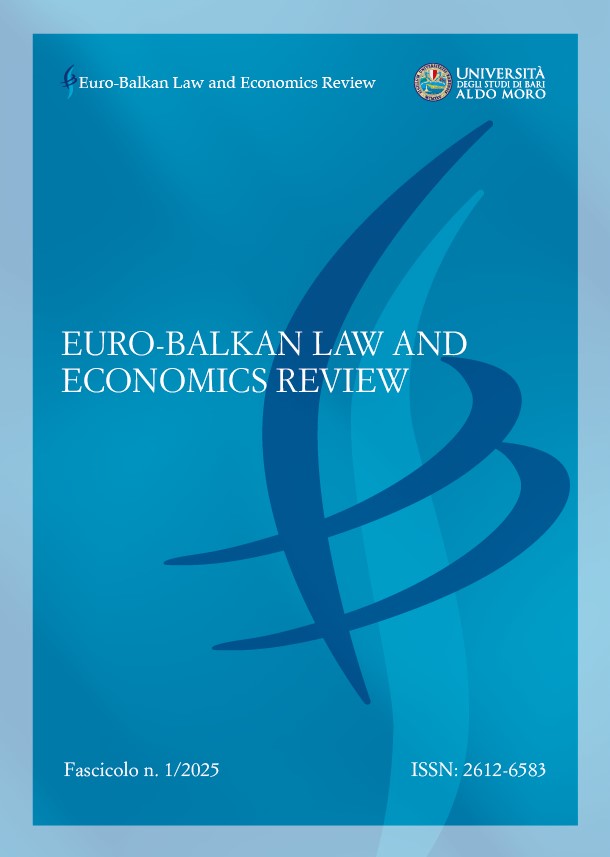Mobilità sostenibile: sì ma come?
DOI:
https://doi.org/10.15162/2612-6583/2108Parole chiave:
Obiettivo di zero emissioni entro il 2035, Gli italiani preferiscono ancora l'auto privata, il Piano Urbano del Trasporto, Il cambiamento culturale è necessario per promuovere la mobilità sostenibileAbstract
The Paris Agreement has been crucial in binding the fight against climate change. The European Union has implemented the Green Deal to achieve climate neutrality goals, with a particular focus on decarbonizing the transportation sector. It is essential to reduce transport emissions, with new regulations imposing significant cuts and the goal of zero emissions by 2035.
In Italy, the transition to sustainable mobility is supported by European funds. The EU has established financial mechanisms to accelerate sustainable reforms and reduce the use of Russian fossil fuels. The Italian Recovery and Resilience Plan (PNRR) includes green investments amounting to 37%. However, Italians still prefer private cars due to the limited efficiency of public transport and poor access to local services.
In Bologna and Milan, respectively 49% and 48% of trips are made sustainably, while in Turin, Rome, and Naples the percentages are higher. European cities like Madrid, Barcelona, and Paris show a greater reliance on sustainable modes of transport compared to Italy. Urban planning and tools like the Urban Mobility Plan and the Urban Transport Plan are crucial to achieve European standards of sustainable mobility.
The Urban Transport Plan (PUT) was introduced by the Road Code for municipalities with more than 30,000 inhabitants or significant tourist influx, to improve circulation, road safety, reduce pollution, and save energy. The guidelines of the Ministry of Public Works from 1995 must be followed for its drafting, involving local authorities.
In the context of local authorities, the main actors in the implementation of sector plans are often public officials who rely on external companies for data processing. The Local Police play an important role in collecting and analysing data to improve mobility. Difficulties include overcrowded urban areas and the attitude of citizens who still prefer to use their own vehicle. A cultural change is needed to promote sustainable mobility.






